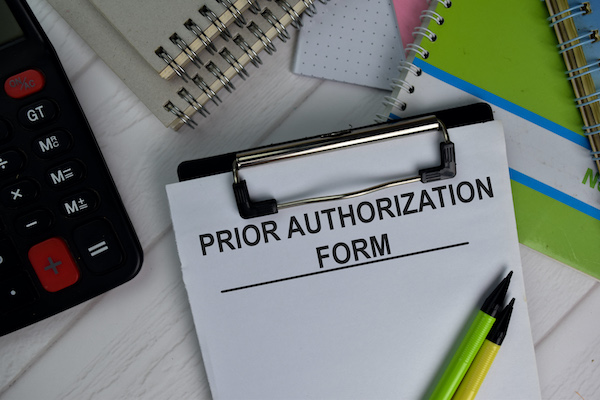
The Importance of Prior Authorization in Health Insurance
Navigating the complexities of health insurance can be challenging, especially when it comes to understanding the requirements for prior authorization. Prior authorization is a critical step mandated by many health insurance plans for certain inpatient and outpatient procedures, as well as specific prescriptions. Failing to obtain this authorization can result in significant penalties, making it essential for policyholders to be well-informed about these requirements.
Why Prior Authorization Is Necessary
Prior authorization is a process used by health insurance companies to ensure that a proposed medical service, procedure, or prescription is medically necessary and covered under the patient’s health plan. This step helps control healthcare costs and prevent unnecessary treatments. For both inpatient and outpatient procedures, obtaining prior authorization is often required to confirm that the service meets the insurer’s guidelines. Without this approval, patients may face unexpected out-of-pocket expenses or even denial of coverage for the procedure.
Potential Penalties for Non-Compliance
Many health insurance plans impose penalties for not securing prior authorization before undergoing a procedure. These penalties can vary but often include reduced reimbursement rates, higher co-pays, or outright denial of coverage for the service in question. This can lead to significant financial burdens for patients who proceed without obtaining the necessary authorization. Therefore, it is crucial for individuals to verify the prior authorization requirements with their insurance provider well in advance of any planned medical procedure or treatment.
Prior Authorization for Prescriptions
In addition to medical procedures, certain prescriptions also require prior authorization. This process ensures that the prescribed medication is appropriate for the patient’s condition and is covered under their health plan. Some medications, especially those that are expensive or have potential for misuse, are subject to this requirement. Patients should consult with their healthcare provider and insurance company to determine if prior authorization is needed for their prescribed medications and to complete any necessary paperwork in a timely manner.
In summary, understanding and adhering to prior authorization requirements is essential to avoid penalties and ensure coverage for necessary medical procedures and prescriptions. By staying informed and proactive, patients can navigate the healthcare system more effectively and avoid unexpected financial consequences. Always check with your health insurance provider and healthcare team to ensure that all necessary authorizations are obtained before proceeding with any medical treatment or prescription.


